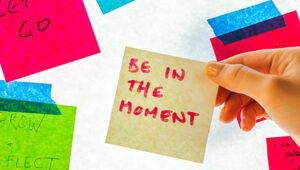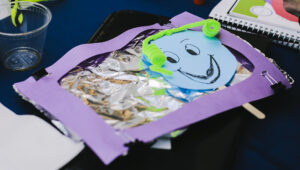When conducting recent audience research with colleagues last year, we were stricken to hear from local teens that failure isn’t an option for them. With such a concentrated focus on achievement, teens feel that they have no time or space to fail. One of them told us adamantly, “I never fail. I will never fail.” It saddened all of us deeply and helped to engage us in a productive conversation about how we might create an atmosphere more conducive to failing productively and creatively in our own organization.
We all instinctively know that failure is an inextricable part of creativity. Artists continually experiment, and fail, and then experiment some more. And we are constantly reminded about the importance of failure in promoting innovation. “Fail often, so you can succeed sooner,” says David Kelley from IDEO. Particularly in Silicon Valley, we are surrounded with messages that encourage us to prototype, test, and experiment in order to develop novel solutions.
We all talk the talk, but how do we walk the walk? Museum people can be particularly bad at it. But we are making progress…Exhibit Developer Kathy McLean has organized a longstanding session at the American Alliance of Museum’s Annual Conference, “Mistakes Were Made,” that encourages museum professionals to celebrate and embrace their failures. Participants actually compete for “biggest fail.” Full disclosure, in 2014 I ranked third with an epic fail experience that involved shutting down my University email system…. Inspired by that experience, last year I organized a session at the California Association of Museums with colleagues called “License to Fail.” We talked about our own failure stories, set participants off on an impossible construction task, then gave each a License to Fail card encouraging them to go forth and fail themselves.
Kippen de Alba Chu, Executive Director of the Iolani Palace tells us that “Failures are where you learn the most.” As leaders, the very best we can do it promote a culture of learning, where we use failure as an opportunity for dialogue and discussion—never blame—and promote its value for personal, professional, and institutional growth.


